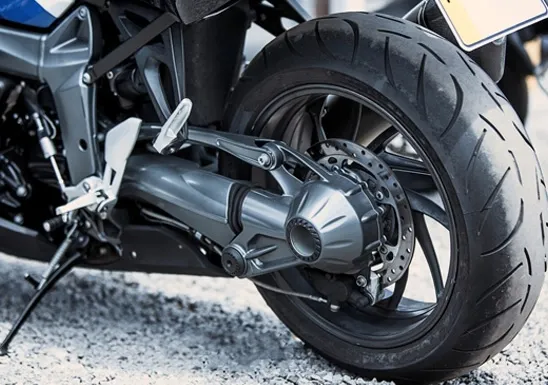Desemba . 14, 2024 11:50 Back to list
Understanding Metal Oil Seals and Their Applications in Various Industries
Understanding Metal Oil Seals Function, Types, and Applications
Metal oil seals, also known as metal-clad oil seals, are vital components in various machinery and automotive applications. Their primary function is to prevent the leakage of lubricants and to keep contaminants such as dirt, dust, and water from entering mechanical systems. These seals consist of a flexible sealing lip made from rubber or elastomer and a sturdy metal casing that provides structural integrity and enhances durability. In this article, we will explore the functionality, types, and diverse applications of metal oil seals.
Functionality of Metal Oil Seals
The primary role of metal oil seals is to ensure a tight and reliable seal for rotating shafts, preventing hydraulic and lubricating fluids from leaking out while keeping external contaminants at bay. The metal casing reinforces the seal’s strength, which is particularly important in high-pressure and high-temperature environments. The sealing lip design allows these seals to accommodate slight misalignments and variances in shaft dimensions, ensuring optimal performance across various conditions.
These seals offer several advantages, including extended service life and reduced maintenance costs. They can withstand significant temperature variations and are less prone to wear and tear compared to traditional rubber seals. Moreover, the robust nature of metal oil seals makes them suitable for demanding industrial applications where standard rubber seals may fail.
Types of Metal Oil Seals
There are several types of metal oil seals available, designed to meet different operational requirements
1. Single Lip Seals This is the most common type. It features a single flexible lip that makes contact with the shaft, suitable for general applications where high levels of contamination are not expected.
2. Double Lip Seals These seals have two lips, providing an additional barrier against contaminants. They are often used in environments where there is a high likelihood of exposure to dirt or moisture.
3. Metal-Cased Seals These seals incorporate a metal casing that adds strength and durability, making them ideal for heavy-duty applications, such as in automotive or industrial machinery.
4. Spring-Loaded Seals These seals include a spring that ensures constant pressure against the shaft, accommodating any slight movements and maintaining a tight seal even under varying conditions.
metal oil seal

Applications of Metal Oil Seals
Metal oil seals find applications in a wide range of industries, underscoring their versatility and reliability
1. Automotive Industry In vehicles, metal oil seals are commonly used in engines, transmissions, and wheel hubs to prevent oil leaks and protect vital components from contaminants.
2. Industrial Machinery These seals are critical in various types of equipment, including pumps, gearboxes, and compressors, where lubricant retention is essential for smooth operation and longevity.
3. Aerospace In aviation, metal oil seals help maintain the integrity of fuel systems and hydraulic mechanisms, ensuring safe and efficient operation under extreme conditions.
4. Marine Applications Boats and ships utilize metal oil seals to protect engines and drives from seawater ingress, which can cause severe damage if not properly contained.
5. Agricultural Equipment Tractors and other agricultural machinery rely on metal oil seals to keep lubricants contained, thus enhancing equipment efficiency and reducing downtime.
Conclusion
Metal oil seals serve a critical function in preventing leaks and protecting mechanical systems across various industries. Their robust design, coupled with the flexibility of the sealing lip, makes them the preferred choice in demanding environments. With numerous types available, users can select the most suitable seal for their specific applications, ensuring optimal performance and longevity of their machinery. By understanding the importance and functionality of metal oil seals, businesses can make informed decisions that enhance the reliability and efficiency of their operations.
-
TCN Oil Seal Metal Ring Reinforcement for Heavy Machinery
NewsJul.25,2025
-
Rotary Lip Seal Spring-Loaded Design for High-Speed Applications
NewsJul.25,2025
-
Hydraulic Cylinder Seals Polyurethane Material for High-Impact Jobs
NewsJul.25,2025
-
High Pressure Oil Seal Polyurethane Coating Wear Resistance
NewsJul.25,2025
-
Dust Proof Seal Double Lip Design for Construction Equipment
NewsJul.25,2025
-
Hub Seal Polyurethane Wear Resistance in Agricultural Vehicles
NewsJul.25,2025
-
The Trans-formative Journey of Wheel Hub Oil Seals
NewsJun.06,2025
Products categories
















